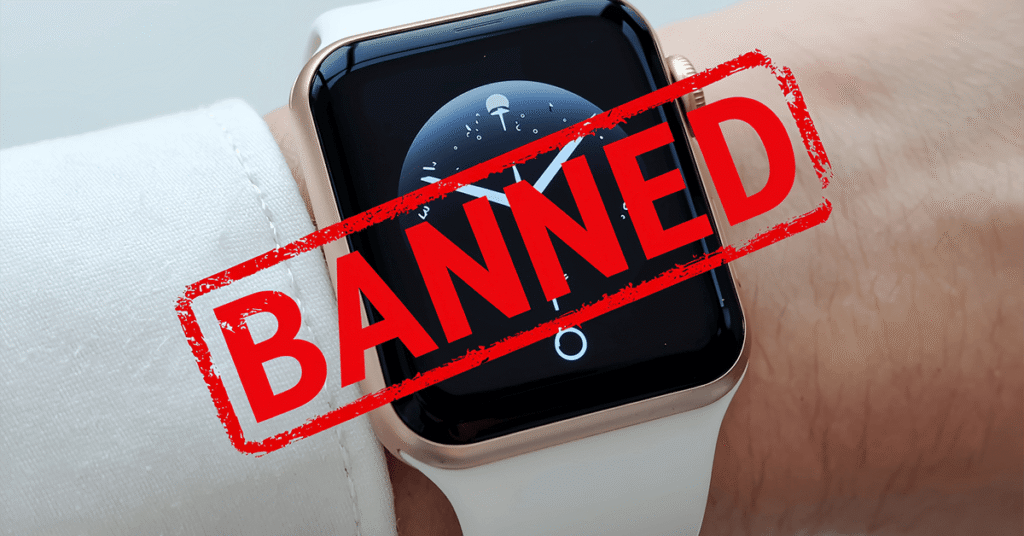The Apple Watch CO2-neutral ban has rocked the tech and sustainability world. In early 2025, a German court ruled that Apple can no longer market its flagship wearable as “carbon-neutral,” citing violations of false advertising regulations. For Apple, this is more than a legal setback—it’s a blow to its carefully crafted green image. For consumers, it raises the question: How real are corporate sustainability claims?
Why Was the Apple Watch’s CO2-Neutral Claim Banned?
The court decision stems from consumer protection complaints filed by environmental watchdog groups. Apple had marketed its Apple Watch Series 9 and Ultra 2 as the company’s first “carbon-neutral products.”
The problem?
- Lack of transparency: Apple did not provide sufficient evidence that its supply chain emissions were fully offset.
- Reliance on carbon credits: Much of Apple’s “neutrality” came from buying offsets, which critics say don’t equate to real emission reductions.
- Legal precedent: Under EU and German law, vague or misleading eco-labeling can be treated as deceptive marketing.
The ruling means Apple must halt CO2-neutral branding in Germany, with ripple effects expected across the EU.
What Apple Claimed vs. What Regulators Found
| Apple’s Marketing | Court’s Ruling |
|---|---|
| Apple Watch is the company’s first carbon-neutral product. | Claim not backed by transparent, verifiable data. |
| Emissions offset through reforestation projects and carbon credits. | Offsets are not equivalent to actual emission cuts. |
| Supply chain “greening” through renewable energy initiatives. | Efforts noted, but insufficient proof for full neutrality. |
Industry & Environmental Impact
For Apple
- A reputational hit—Apple has marketed itself as the green leader in tech.
- Potential financial penalties for misleading ads.
- Forced to revise sustainability language in EU campaigns.
For Regulators
- A precedent-setting case in Europe’s broader crackdown on greenwashing.
- Strengthens the EU’s Green Claims Directive, which requires companies to prove eco-labeling claims.
For Consumers
- Encourages skepticism of “carbon-neutral” branding.
- May shift demand toward more verifiable sustainability efforts.

Why the Apple Watch CO2-Neutral Ban Matters Globally
This case is bigger than just Apple:
- Greenwashing Crackdown
Regulators worldwide are targeting vague sustainability claims. From fast fashion to airlines, the pressure is rising. - Investor Pressure
ESG-focused investors could push Apple and other tech firms to provide auditable data instead of relying on offsets. - Tech Industry Wake-Up Call
Competitors like Samsung, Google, and Garmin will likely rethink their own green messaging to avoid legal risks.
Lessons for Businesses
- Be specific: Claims like “100% carbon-neutral” are risky unless backed by measurable evidence.
- Prioritize reductions, not offsets: Regulators increasingly reject credits as “neutralization.”
- Transparency wins trust: Consumers and investors reward companies that provide full lifecycle emission data.
FAQ: Apple Watch CO2-Neutral Ban
Q1: Why was the Apple Watch CO2-neutral claim banned in Germany?
Because a court ruled Apple’s marketing was misleading, relying too heavily on offsets without full transparency.
Q2: Does this mean the Apple Watch is bad for the environment?
Not necessarily—but it does mean Apple overstated its environmental progress.
Q3: Is Apple facing fines?
The ruling allows for penalties if Apple continues marketing CO2-neutral claims in Germany.
Q4: Will this affect Apple across Europe?
Yes—similar challenges could emerge under the EU Green Claims Directive.
Q5: Does Apple still have sustainability initiatives?
Yes—Apple invests heavily in renewable energy and supply chain reform, but the court found its neutrality claims unproven.
Conclusion
The Apple Watch CO2-neutral ban is more than a legal fight—it’s a turning point in how tech giants communicate their environmental impact. For Apple, the ruling undermines a key marketing pillar. For regulators, it’s proof that greenwashing won’t be tolerated. And for consumers, it’s a reminder to demand real, verifiable sustainability data.
Do you think Apple’s “carbon-neutral” claim was misleading—or just ahead of its time? Share your thoughts below, and subscribe for updates on the future of sustainability in tech.

